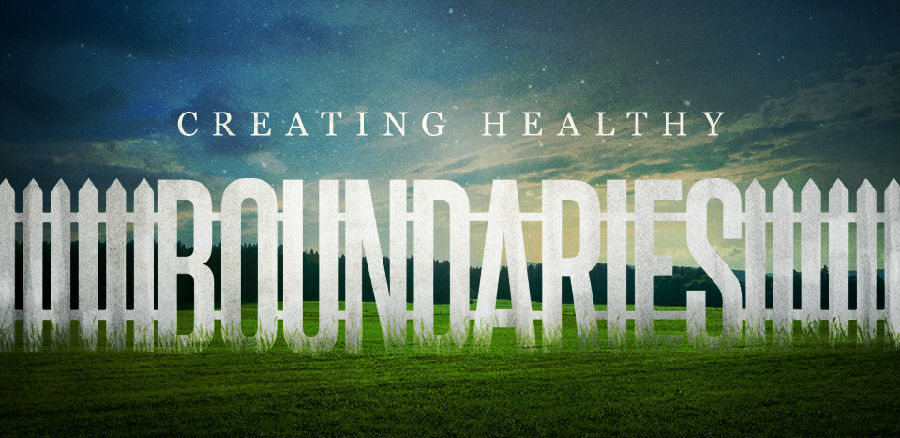JUDY WOODRUFF: The MeToo movement has ignited many conversations about appropriate behavior in households, companies, and in schools.
From PBS station WGBH in Boston, Cristina Quinn went to one high school to see what students were being taught.
It's part of our weekly series Making the Grade.
JESS ALDER, Start Strong Boston: Hand-to-hand. All right, foot-to-foot.
CRISTINA QUINN: Tenth graders at New Mission High School in Hyde Park kick off their class with an ice-breaker game called partner-to-partner, led by Jess Alder and Taquari Milton.
JESS ALDER: Back of the head to back of the head. Nose to nose. No?
CRISTINA QUINN: The point of the exercise is to start a discussion about boundaries and reading nonverbal cues through body language.
JESS ALDER: How many people felt comfortable hand-to-hand? Everybody.
What made that comfortable? What made that OK? It felt safe. It felt at home. What about when I said belly-to-belly?
CRISTINA QUINN: Jess Alder is acting program director of Start Strong Boston, a program run out of the Boston Public Health Commission's Division of Violence Prevention.

She says she and Milton use real issues and platforms like the MeToo movement to open up discussions about what constitutes a healthy relationship.
JESS ALDER: It can be really confusing.
If a young girl talks about how some boy is teasing her at school, her guardians, teachers will often say, oh, that just means they like you.
Just brush it off.
And that's putting the women in a position of like, OK, it's OK for me to be treated that way.
And it's also giving assent to guys that are kind of picking on somebody to get their attention.
CRISTINA QUINN: Program coordinator Taquari Milton says when he talks to teens, he sees that many of them are confused about what consent really means.
TAQUARI MILTON, Start Strong Boston: Boys like saying, oh, she's playing around because she doesn't want to give it up, like certain comments like that.
It's like, no, she's just not comfortable.
Like, you need to have consent and like actual stuff like that.
CRISTINA QUINN: Alder and Milton visit middle and high schools throughout the city, and in each visit, they address topics ranging from the various forms of abuse to barriers the LGBTQ community faces.
They also explore how rape accusations divide a high school through their web series "The Halls."
ACTRESS: She want it, she got it. You don't have to start worrying about me.
CRISTINA QUINN: Nate, a New Mission High sophomore, says he appreciates how candid the class is and admits he thought he knew more than he did about boundaries.
NATE, Student: I thought I had a strong grasp, but today showed me that I really don't.
You don't always know what consent is.
Like, sometimes, your consent is different from somebody else's consent.
CRISTINA QUINN: These are the takeaways that Jen Slonaker, V.P. of education at Planned Parenthood Massachusetts, is hoping the healthy youth act will further cultivate.
JEN SLONAKER, Planned Parenthood Massachusetts: When young people are given the skills and the information to have healthy relationships, whether it's friendships or relationships with trusted adults early in their life, they are gonna be that much better able to negotiate romantic or sexual relationships later.
CRISTINA QUINN: Last summer, the Senate passed this bill, which mandates all sex education in Massachusetts be age-appropriate and medically accurate.
It's now pending in the House. But even without legislation, Jess Alder of Start Strong says the discussions around consent and sexual assault has helped changed students' attitudes over time.
JESS ALDER: What I have noticed most with young people that are able to stay in our program for a handful of years is the direction, that they go from victim blaming to becoming an upstander in the field.
CRISTINA QUINN: Something most agree we could use more of.
For the "PBS NewsHour," I'm Cristina Quinn in Boston.












